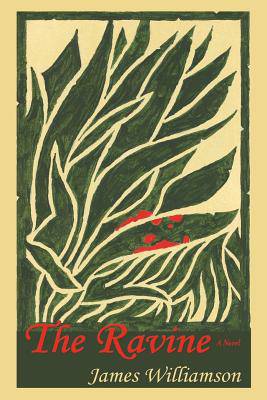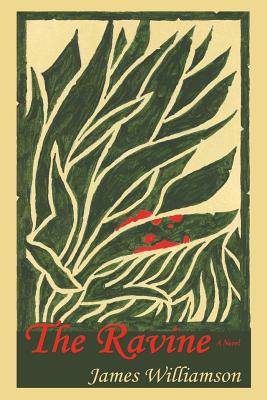
- Afhalen na 1 uur in een winkel met voorraad
- Gratis thuislevering in België vanaf € 30
- Ruim aanbod met 7 miljoen producten
- Afhalen na 1 uur in een winkel met voorraad
- Gratis thuislevering in België vanaf € 30
- Ruim aanbod met 7 miljoen producten
Zoeken
Omschrijving
In 1958, thirteen year-old Harry Polk is looking forward to an idyllic summer spent visiting his Aunt Cordelia and Uncle Horace in Tuckalofa, Mississippi. Harry soon learns that beneath its placid surface, the town is not what it seems. Before the summer is over he will encounter the violence and injustice of segregated society, intolerance of religious and social class differences, and closely guarded family secrets. When a popular young black man is brutally murdered by the county sheriff, Harry, Cordelia, and Horace will be caught up in a series of events culminating in an act of revenge that leaves Harry emotionally scarred. Years later, when Harry is summoned to Tuckalofa to arrange the funeral of his formidable Aunt Cordelia, he is forced to confront the past that has lain dormant for years-a past in which he found himself embroiled in the vicious crime that had tragic consequences for the entire town. A compelling story inspired by real events, "The Ravine" evokes a South during the early years of the Civil Rights movement where a complex mixture of love and hate, ignorance and enlightenment, and guilt and innocence coexist. It promises to keep the reader on edge until its dramatic and unexpected conclusion. JAMES WILLIAMSON, a professor of architecture at the University of Memphis, was raised in the South in the days of segregation. His first novel, "The Architect," was praised as "a thoughtful, moving novel about the realities of building, particularly when style collides with money, politics, and the demands of the less than enlightened...a lively treatise on architecture itself."
Specificaties
Betrokkenen
- Auteur(s):
- Uitgeverij:
Inhoud
- Aantal bladzijden:
- 262
- Taal:
- Engels
Eigenschappen
- Productcode (EAN):
- 9780865348875
- Verschijningsdatum:
- 1/06/2011
- Uitvoering:
- Paperback
- Formaat:
- Trade paperback (VS)
- Afmetingen:
- 152 mm x 229 mm
- Gewicht:
- 390 g

Alleen bij Standaard Boekhandel
+ 86 punten op je klantenkaart van Standaard Boekhandel
Beoordelingen
We publiceren alleen reviews die voldoen aan de voorwaarden voor reviews. Bekijk onze voorwaarden voor reviews.











